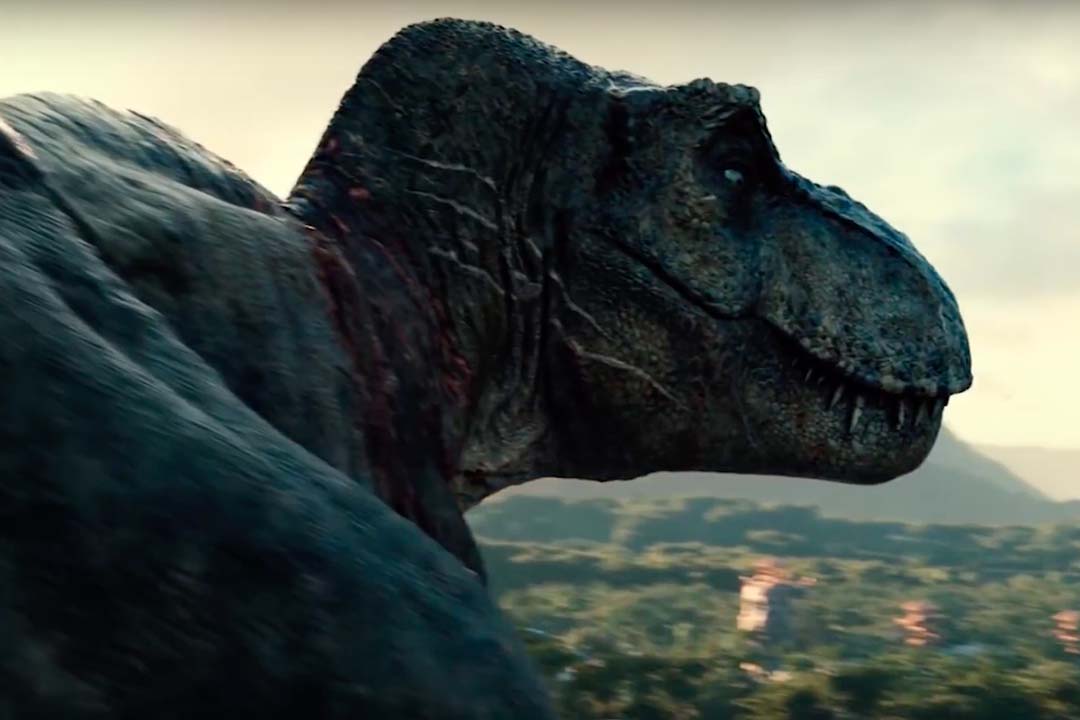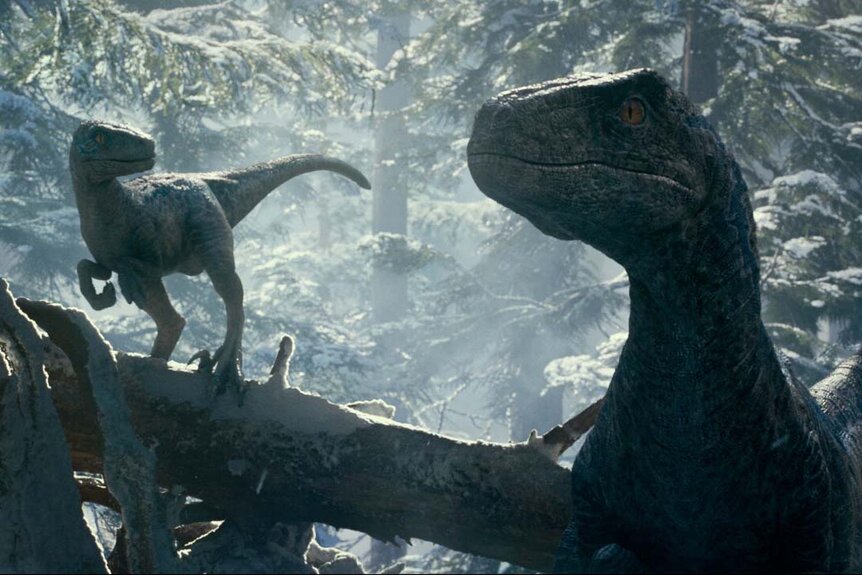Create a free profile to get unlimited access to exclusive videos, sweepstakes, and more!
Were dinosaurs way smarter than we previously thought?
Study claims they may have even used tools!

Humans are pretty sure that humans are the smartest animals on the planet. Of course, we would think that, wouldn’t we? On Earth, there are people with their cars and their spaceships and their credit scores (we’re not saying everything we do is a good idea), and then there is everything else. Moreover, we tend to make assumptions, whether we realize it or not, about the relative smarts of a particular animal, based on nothing other than their proximity to us on the evolutionary tree.
We see the tool usage, communication, and shared knowledge among other primates, elephants, dolphins, and whales, and wave our hands. Of course they are smart, they are so much like us. The other side of that coin, of course, is the belief that animals more distantly related must, necessarily, be less intelligent to a corresponding degree. And who is further from us, than the giant reptiles, the bloodthirsty monsters of yester-eon? The dinosaurs.
That’s the sort of thinking which leads to building not one, but two dinosaur parks, despite people dying over and over every time we try it. Check out this prehistoric monument to humanity’s hubris in Jurassic World, now streaming on Peacock. It also might just be flawed thinking, at least according to a recent study published in the Journal of Comparative Neurology.
These findings fly in the face of our prior understanding of dinosaur intelligence. It’s common knowledge, even on the playground, that some dinosaurs had brains no larger than a walnut. These weren’t intelligent thinking creatures but lumbering beasts following empty primal urges. Right?
The truth is, we’re not very good at dialing in on intelligence using only physical characteristics. There is not a one-to-one relationship between brain size or shape and intelligence. If there were, sperm whales would rule the world. They have brains which weigh in at 20 pounds, roughly seven times that of our own brains. If it were purely about who had the most gray matter, humans would be in big trouble.
There does appear to be some relationship between the brain to body ratio and intelligence, the so-called encephalization quotient. Animals with a higher proportion of body mass dedicated to the brain do tend to be smarter, but even this measurement has problems. For instance, recent research revealed that bird brains are both denser and more efficient than similarly sized mammal brains. Which means we can’t interpret intelligence based on size alone.
RELATED: Who you calling bird brain? Turns out avian minds are way more efficient than ours
The more we learn about the myriad ways brains can arrange themselves, the more scientists realized they needed a different way of measuring or estimating intelligence, particularly in extinct species. Considering that theropod dinosaurs are the ancestors of modern birds, it’s reasonable to assume, at least barring evidence to the contrary, that they had similar brain structures. And if T. rex had more densely packed and more efficient neurons, it might have been considerably smarter than we’ve previously supposed.
Suzana Herculano-Houzel, neuroanatomist at Vanderbilt University and author of the new paper, used comparative anatomy to bump up modern birds and reptiles against extinct dinosaurs. They found that some dinosaurs had brain structures similar to birds while others were closer to reptiles. Then, using data about the neuronal density of birds and reptiles, Herculano-Houzel reconstructed the estimated density of neurons in extinct dinosaurs.
According to Herculano-Houzel’s findings, T. rex may have had as many as 3.3 billion neurons in its cortex and might have been as intelligent as a modern baboon. The paper also predicts T. rex would have taken about five years to reach maturity, and would have had a lifespan of about 50 years. It might also have been able to use tools, similarly to the way some birds and primates use sticks to fish for food.
Of course, those are bold claims which would require substantially more evidence, and the responses to Herculano-Houzel’s findings have been mixed. While one side of the conversation praises a willingness to examine paleontological evidence in a new way, others caution that intelligence is more complex than a neuronal numbers game. It’s likely that dinosaurs were, in fact, smarter than we’ve previously allowed but precisely how much remains an open question.
Still, we remain grateful to have been separated by 66 million years. We’re not interested in recognizing the spark of joy in a T. rex’s eye moments before it rips us to shreds.
We are interested, however, in seeing that happen to fictional characters in Jurassic World, now streaming on Peacock!



























